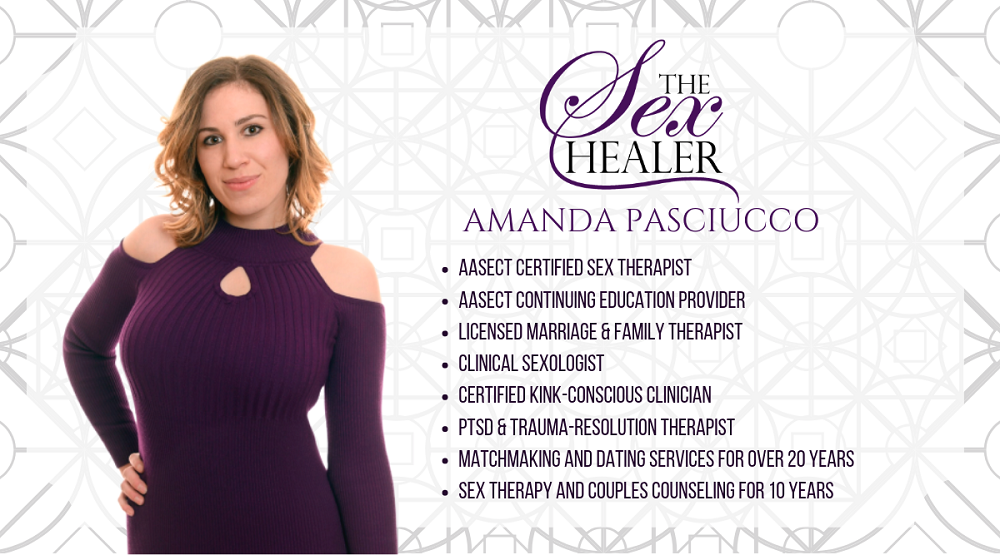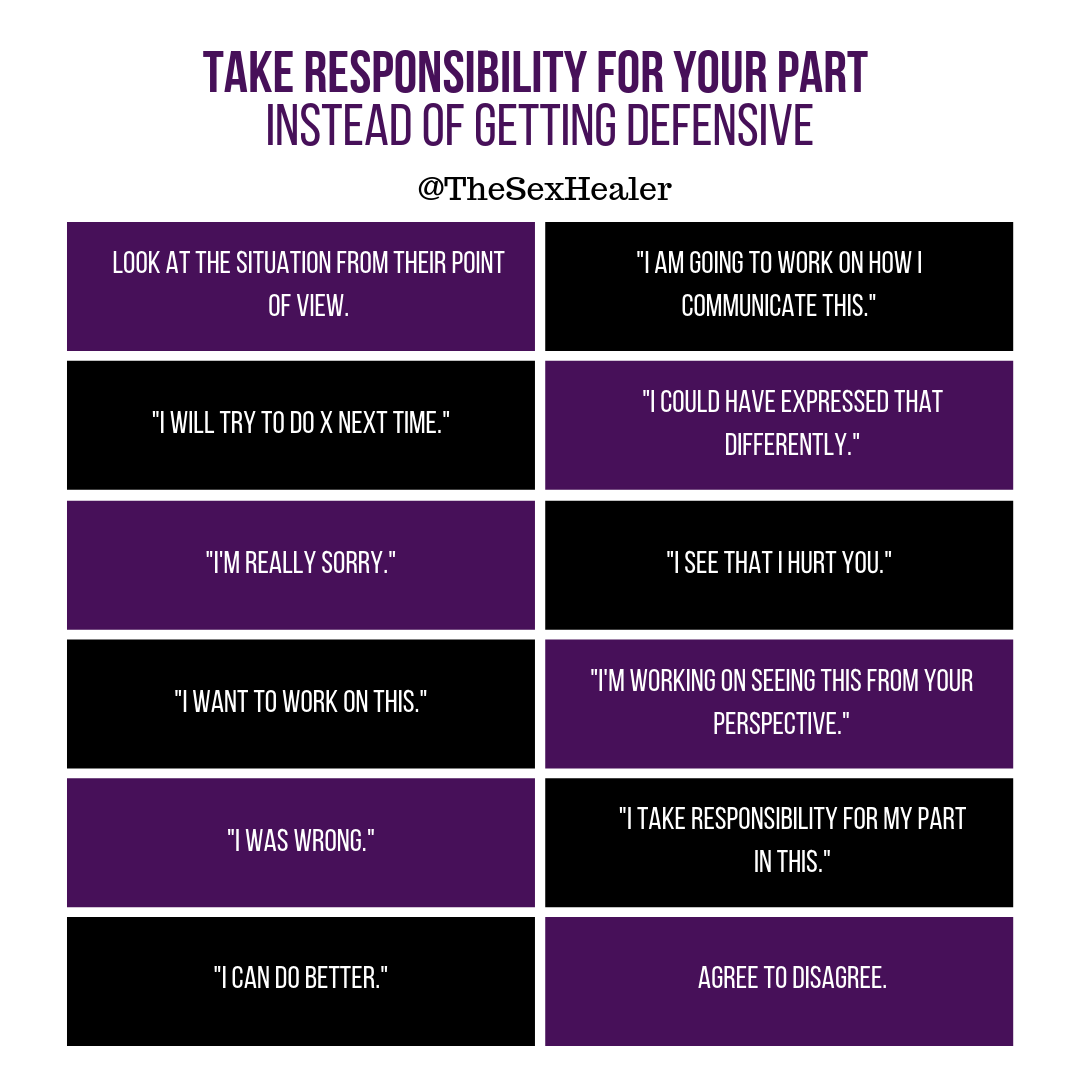Couple Fighting: Stop Arguing and Start Loving
Couple Fighting: Stop Arguing and Start Loving
Couple Fighting! Tips to Stop Arguing and Start Loving TODAY!
Far too often, we let our romantic relationships deteriorate to the point where it’s so hard to claw back the pain and resentment that’s been left to fester.
Couple fighting becomes a classic Western shootout.
Both of you are standing on either side, tense and ready to grab at your weapon.
You wait for your partner to flinch before you unleash all of your hurt and anger in their direction.
Of course, we know, it doesn’t have to be like this. It’s hard, though, to see through the fog of anger and give love when we’re not sure we’re going to get it in return. How do we get from where we are to a better place with less couple fighting?
First off, let me commend you for considering couples therapy. If you’re already taking sessions, wonderful. That’s even better. But recognizing that you need help with your relationships is a brave and honorable thing.
The Silence Surrounding Unmet Needs

Couple fighting can almost always be drawn back to unmet needs. Each of us, though wonderfully unique, has needs that must be filled for us to feel confident, loved, and engaged in a relationship.
It’s been decades since Gary Chapman first presented his five love languages. They are:
- Physical Touch
- Words of Affirmation
- Acts of Service
- Quality Time
- Receiving Gifts
These aren’t just simple niceties. They’re fundamental to our happiness. Denying we have needs is denying who we are, eventually, you’re going to have to face that reality.
When your needs are met, life is better. Everything seems easier. You’re not worried about doing the dishes three times in a row if you love language is physical touch and the sex is great. Your partner is happy to let your work long hours at the job you love because you give them the affirmation they crave.
The problems most people have that lead to couple fighting have to do with unmet needs that go unaddressed for too long. Silence allows resentment, the relationship destroyer, space to move in.
Overcoming Resentment by Quieting the Ego

When the couple fighting has been going on too long, motivations change. You’re no longer giving acts of service out of love; you’re doing them to see if they’ll earn you the quality time or gifts that you crave for validation. If they don’t come, we tell ourselves that we were right all along, it’s their fault things are bad. We’re doing our part, aren’t we?
Each feeling is driven by some innate need. We act out of a desire to connect, grow, contribute to a cause, or to gain certainty. When relationships stumble, uncertainty plays an outsized role in our communication. We overanalyze our partners’ and our actions, questioning why they said what they said or what will happen if I do this or that.
Our desire to create certainty can be destructive. It’s easy to draw into ourselves and shut others out to create some semblance of certainty in our lives.
The only way to fight back resentment in a relationship and create certainty is to quiet the ego and act out of love.
That, however, is very hard to do, especially when you feel like working on your relationship is a one-way street.
That’s where working with a therapist who specializes in relationship communication can help.
Setting Conditions for Nonviolent Communication
To overcome couple fighting, working with a therapist can be a huge help identifying damaging patterns in your communication with each other. Indeed, when relationships turn sour, the way we communicate becomes tainted with venom.
Our lack of certainty leads to hurt, and we become desperate that our partner understands that hurt. Too often, we try to get them to understand by doling out the same hurt we’re harboring inside through violent communication.
One of the biggest benefits of seeing a relationship therapist is that they can offer third-party insight into how the two of you are communicating. You can identify unhealthy patterns and start shifting to a better form of nonviolent communication.
In Marshall Rosenberg’s Nonviolent Communication: a Language of Life, he lays out the steps for developing nonviolent communication. They are:
- State Observations – It’s very important that you’re honest with your partner and yourself about why you say and nonverbally communicate the way you do. Understanding why you are behaving or speaking the way you do will help you avoid saying something inflammatory or hurtful.
- State Feelings – We must emphasize that putting words to feelings is the only way for resentment to subside. If you know that something you’re doing is hurting your partner, you’ll find ways to stop doing it if you love them and want to connect.
- State the Need – Frequently, we’re embarrassed or afraid of being vulnerable, so we don’t verbalize our needs. How can our partners know how to fill our needs if we aren’t explicit in what they are?
- Be Specific – Don’t rely on innuendo to build a healthy, loving relationship. Have the confidence to be direct in you what you want and instill confidence in your partner to do the same. Less misunderstanding will mean less resentment.
Nonviolent communication is so critical to fighting back resentment. It’s the best way to break negative cycles and start building on common ground.
Decide to Make Room for Love
When we communicate without fear or uncertainty, we open ourselves up to giving and receiving love. Think about the times in your life when you’ve felt deeply loved. You weren’t worried about the other person’s judgment or concerned about how they slighted you yesterday. You were open, wonderfully vulnerable, and certain in the moment.
Each of us has challenges in our romantic relationships. At times, resentment and communication barriers trigger couple fighting that can threaten to destroy foundations that took years to build.
With the help of a qualified, understanding therapist, struggling relationships can thrive again. Armed with nonviolent communication skills, clear about our needs, and doing our best to push ego and resentment to the side, we can rebuild and reclaim love.
You can get more free content on relationship and sex tips by checking out my Youtube Channel – The Sex Healer.
If you know someone that would benefit from this information, feel free to share it.
Life Coaching and Therapy (LCAT) is a relationship coaching and sex therapy practice that transforms our clients lives through our flexible, multi-technique approach and pleasure-skills training provided by systemically-trained and licensed therapists!
Our team of compassionate, licensed therapists and certified sex therapists help Millennials and Baby Boomers alike who visit us for a variety of relationship, intimacy and sex problems.
LCAT provides on-site appointments, as well as video chat and text therapy programs. For clients hoping to take their intimate lives to the next level through personalized coaching on YOUR terms, learn more about our Text Therapy Program.
Learn more about how LCAT can help improve your life at What We Do.
Call or text us at 203-733-9600 or make an appointment.






 Get to know our founder and owner, Amanda Pasciucco, (a.k.a. The Sex Healer) PhD, Licensed Marriage and Family Therapist (LMFT), and an AASECT Certified Sex Therapist (CST) that has developed innovative therapy programs and therapy videos that get results.
Get to know our founder and owner, Amanda Pasciucco, (a.k.a. The Sex Healer) PhD, Licensed Marriage and Family Therapist (LMFT), and an AASECT Certified Sex Therapist (CST) that has developed innovative therapy programs and therapy videos that get results.






































